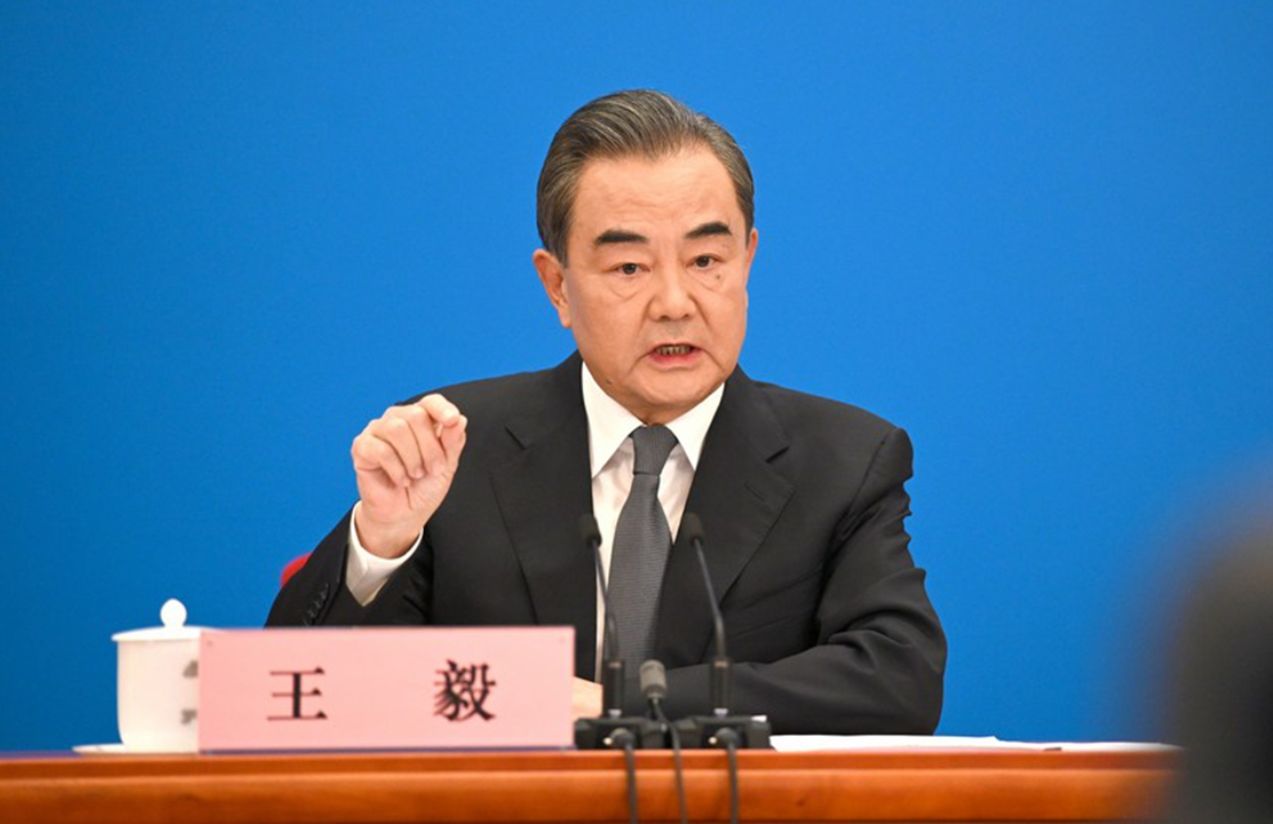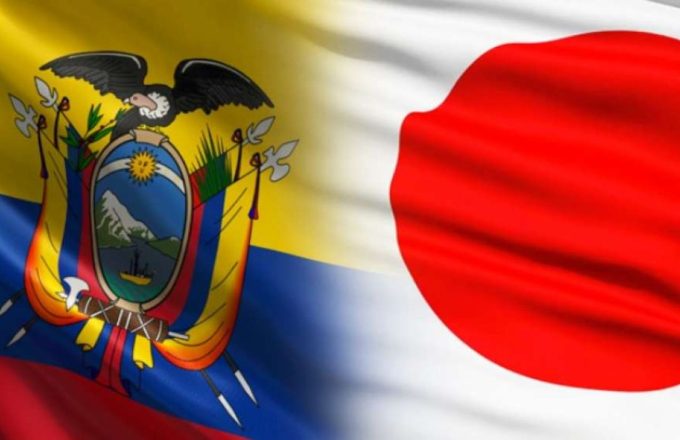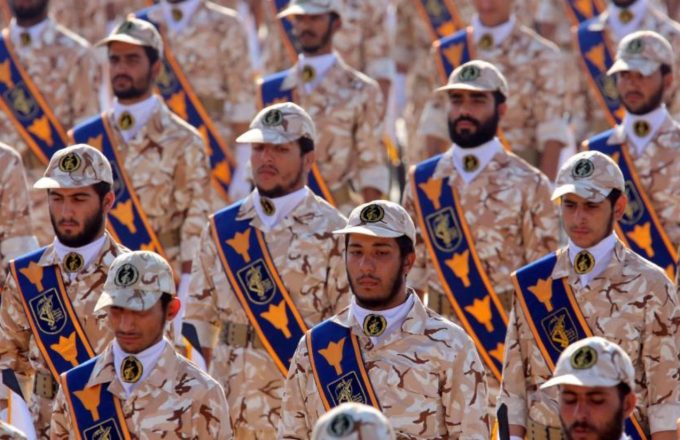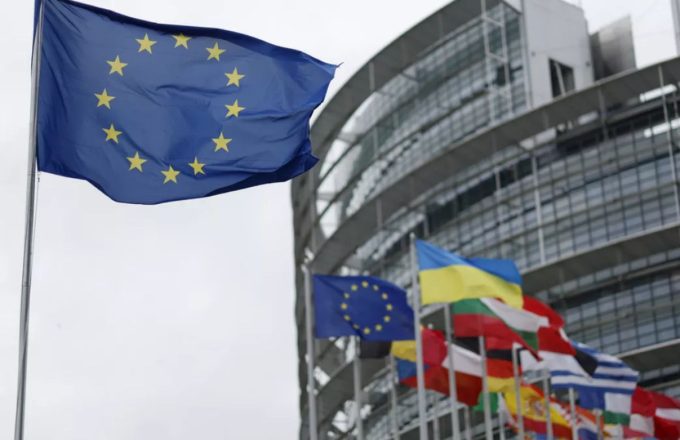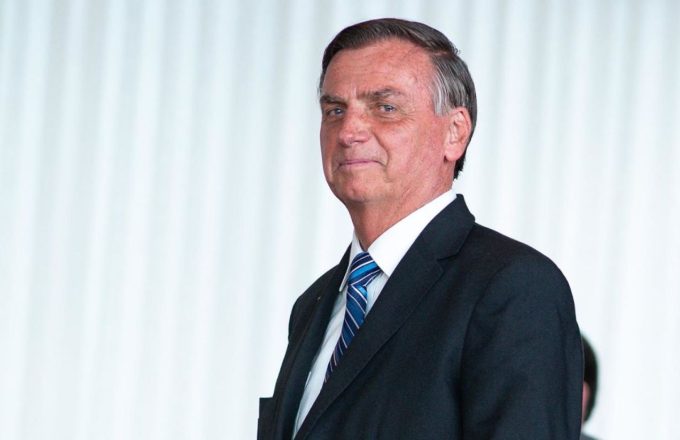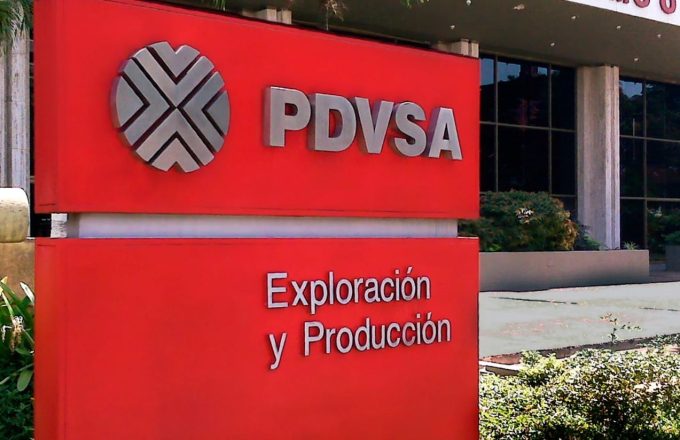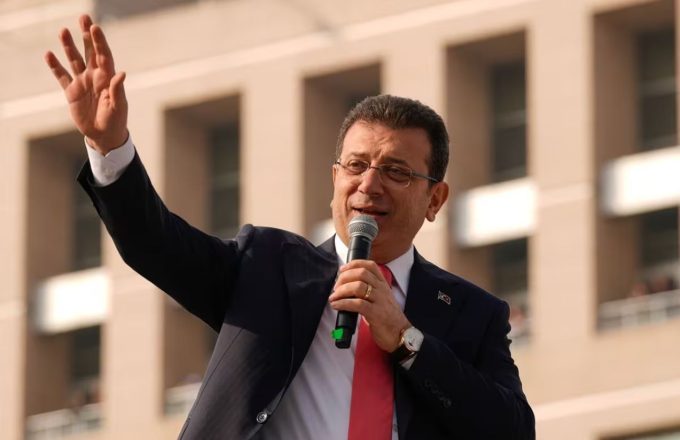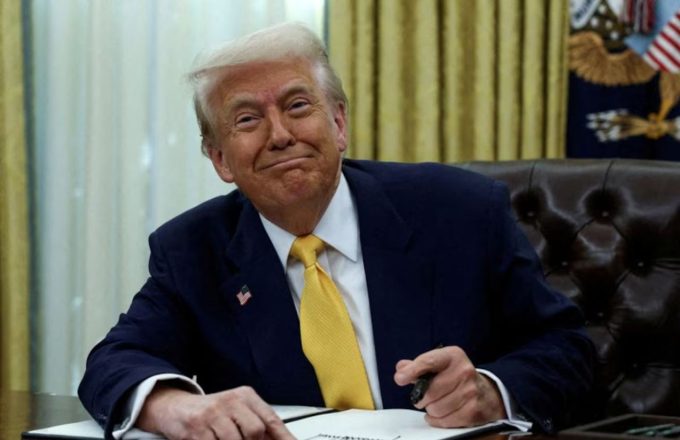The Chinese Foreign Minister, Wang Yi, arrived in Moscow on Monday to meet with his Russian counterpart, Sergey Lavrov, at a time when Russia and Ukraine are discussing former U.S. President Donald Trump’s recent proposal to end the three-year-long conflict.
Wang is scheduled to meet with Lavrov on Tuesday, just days after Kyiv and Moscow tentatively agreed to a limited ceasefire following Trump’s mediation with both countries’ leaders. However, it remains unclear when the truce might take effect, how long it would last, and which targets would be off-limits.
On Sunday, Trump lashed out at Vladimir Putin and Volodymyr Zelenskyy, expressing frustration with both leaders. While he told reporters that “a lot of progress is being made,” he also acknowledged that there is “tremendous hatred” between them. He further stated that he was “angry and upset” because Putin had questioned Zelenskyy’s credibility.
Meanwhile, Chinese Foreign Ministry spokesperson Guo Jiakun reiterated Beijing’s neutral stance on the Ukraine conflict. “We have always maintained that dialogue and negotiation are the only viable solutions to this crisis. China’s cooperation with Russia is not directed at any third party and should not be affected by external forces,” he said during a daily press briefing.
In its announcement of Wang’s visit, China did not mention Ukraine, instead stating that both countries would continue deepening strategic coordination and expanding cooperation in various fields. It also emphasized their commitment to “the fundamental norms governing international relations.” A spokesperson for the Chinese Foreign Ministry stated that Beijing aims to use this visit as an opportunity to work more closely with Moscow on international and regional issues of common interest.
Since the start of Russia’s full-scale invasion, China has provided strong diplomatic support to Moscow, along with economic assistance through energy and consumer goods trade. However, it has refrained from supplying weapons or military expertise and has put forward a vague peace plan, which was quickly dismissed by most analysts.
Meanwhile, North Korean leader Kim Jong Un reaffirmed his unwavering support for Russia’s war in Ukraine during a meeting in Pyongyang with a senior Russian security official last Friday. This came after a South Korean intelligence assessment in late February suggested that North Korea had likely sent additional troops to Russia following significant battlefield losses against Ukrainian forces.


